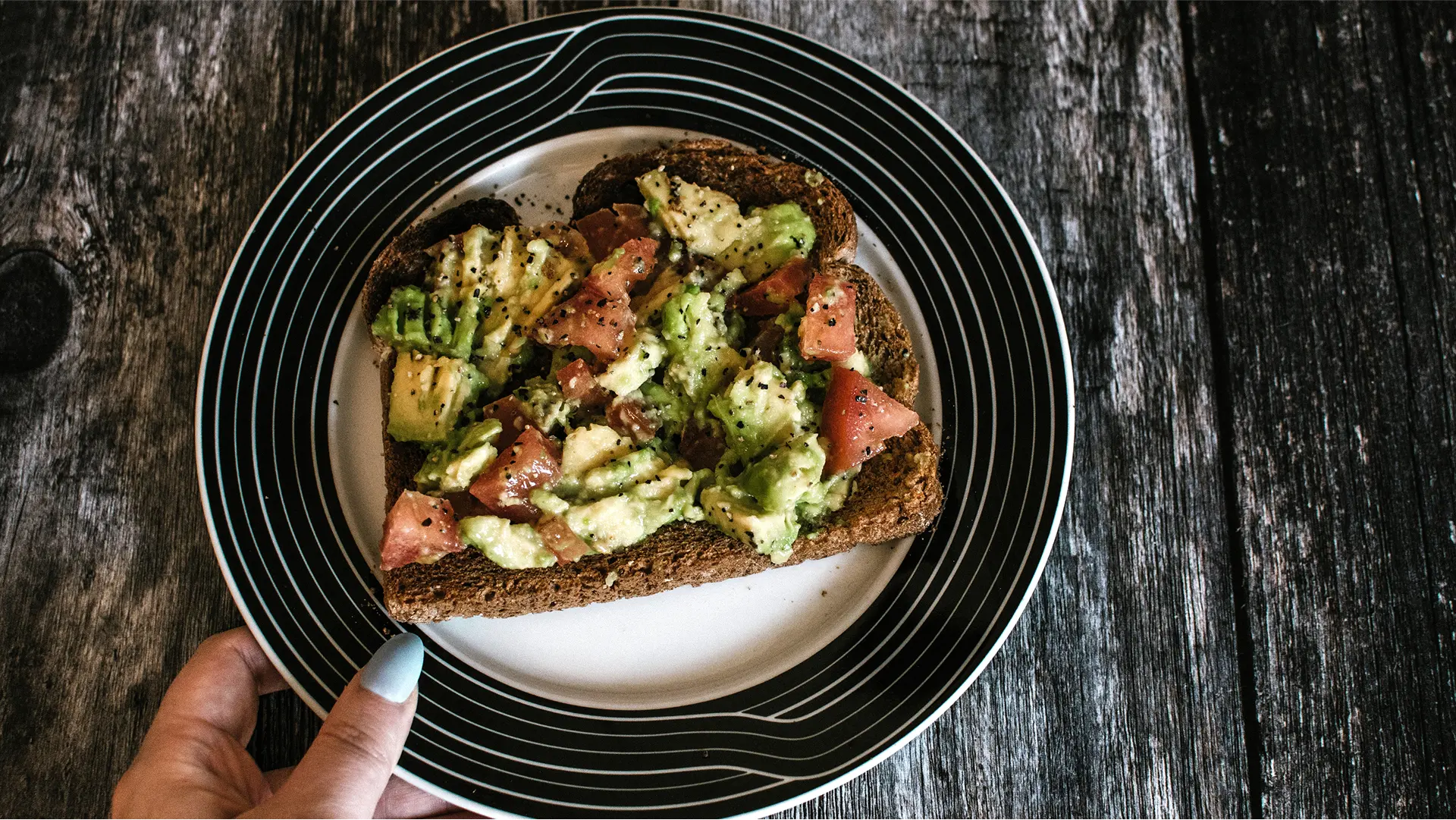In short:
A South Australian business is using black soldier fly larvae to convert food waste into pet food and products for the agriculture industry.
Now the business has partnered with a local grape grower to try converting winery waste into fertiliser for vineyards.
What’s next?
It’s hoped that trials will demonstrate the benefits of black soldier fly larvae for improved plant resilience in vineyards.
Two different agricultural enterprises have come together to tackle Australia’s food waste challenge in an unexpected way — using the humble fly.
It is hoped the results will support more efficient and resilient wine production.
Black soldier fly larvae is being used to convert winery waste into fertiliser for vineyards.
The larvae eat a mix of winery and food waste that results in a nutrient-rich by-product called frass.
Tammy Schutz at a Schutz Barossa vineyard where the trials are taking place. (ABC Rural: Kate Higgins)
Fifth-generation grape grower Tammy Schutz at Schutz Barossa has been trailing the use of frass in her vineyards.
“So basically we are looking at reducing waste, using a waste source like winery waste that is present within our community … then also utilising [it] in the vineyards,” she said.
“So, it’s a circular economy.”
The grape mark is what’s left when making wine and is being combined with food waste to make different products. (ABC Rural: Kate Higgins)
Perfect pairing
When Ms Schutz began researching how frass could be used in her vineyards she did not expect to find an insect business so close to home.
“I was reading about black soldier fly larvae and their amazing ability as bio converters, and I was googling and I discovered … a farm in our area. [They] have been sharing their expertise ever since,” Ms Schutz said.
Jeannine and Chris Malcolm, who run Mobius Farms at Nuriootpa, had already been producing high-protein pet food from the black soldier fly larvae.
They have now partnered with Schutz Barossa to see how the larvae’s frass may be used in wine production.
The frass produced by the black soldier fly larvae. (ABC Rural: Kate Higgins)
“I think there has been a trend over the past 10 or so years, particularly in vineyards, towards sustainability. And not just for the environment but economically as well,” Ms Malcolm said.
Black soldier fly larvae eating food waste at Mobius Farms. (ABC Rural: Kate Higgins)
Mobius Farms is a small-scale example of a potential solution to Australia’s waste problem.
“We can process about half a tonne of food waste a week and produce about 100 kilos of larvae and 250 kilos of frass,” Ms Malcolm said.
Their food waste is sourced from the nearby Adelaide Plains horticultural sector.
An estimated $30 million of fruit and vegetables are rejected by supermarkets every year leading to millions of tonnes of waste.
Healthy and resilient plants
Matthias Salomon is a scientist at the University of Adelaide looking at how to improve soil to boost food production.
Dr Matthias Salomon says frass has many interesting properties for plant growth and health. (Supplied: Matthias Salomon)
“Insect frass is this really interesting product,” Dr Salomon said.
“It has all sorts of interesting properties. First of all, it has plant nutrients like nitrogen, phosphorus, potassium.”
The fertiliser also contains chitin, a compound found in the exoskeleton of insects.
Research has shown chitin can improve plant health by suppressing disease and promoting root growth.
Dr Salomon said.
Shiraz grapes at a Schutz Barossa Vineyard. (ABC Rural: Kate Higgins)
Tammy Schutz is continuing trials of the frass, and said while it was still too early for definitive results it was looking promising.
“Hopefully it will increase the resilience of the plant, which is especially relevant in [dry] years like this,” she said.
“Grape growers are continually faced with challenges … in relation to climate and market trends, and everything else.
“So if we can build soil microbe biology we can potentially end up with a plant that is more resilient, a plant that can use water more efficiently, [and] a plant that can access nutrients more efficiently in the soil.”
Content retrieved from: https://www.abc.net.au/news/rural/2025-02-07/fly-larvae-convert-winery-waste-into-fertiliser/104895378.



